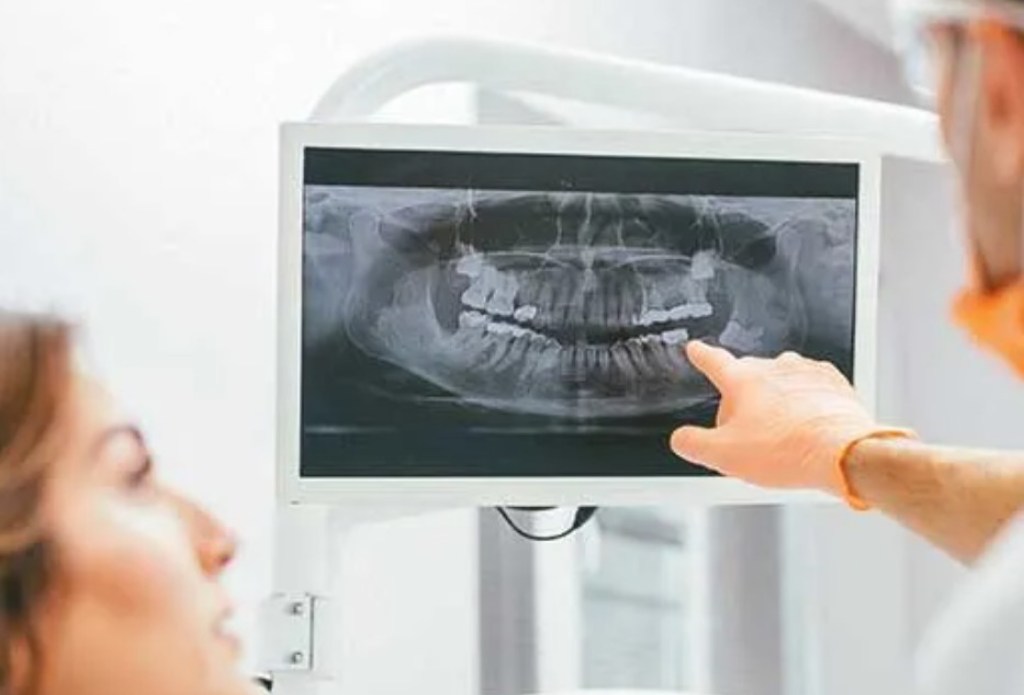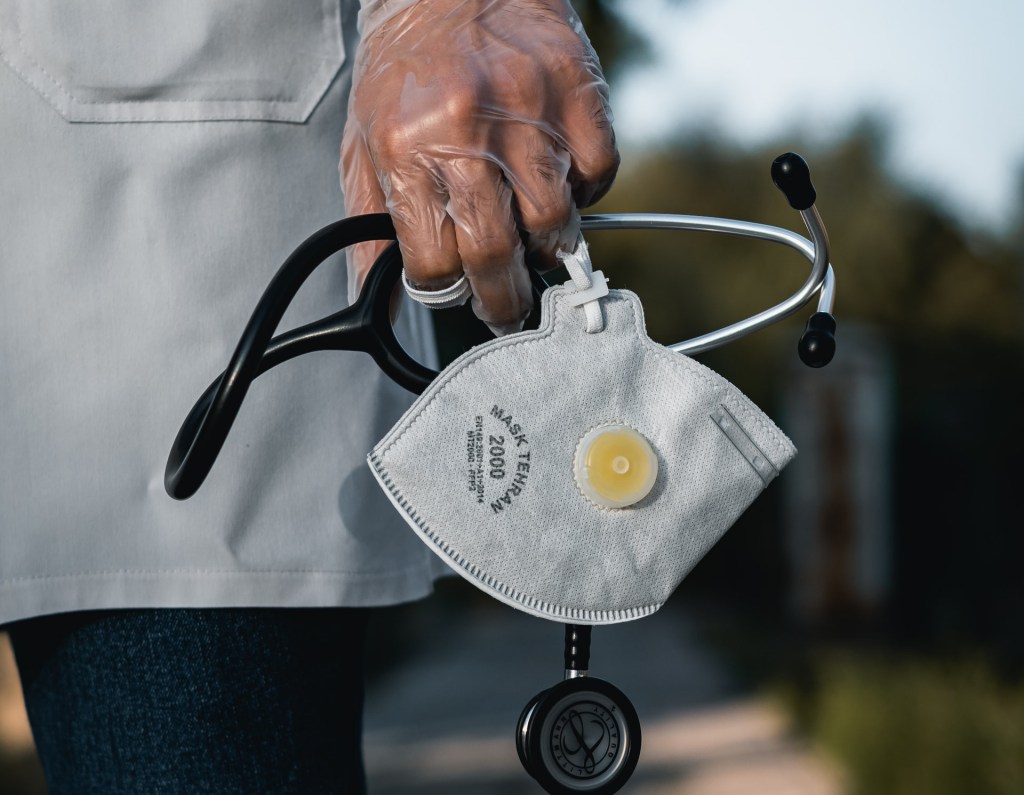You may have heard people refer to their metabolism as the reason for their weight gain or loss. What is this, and how can you improve yours? Your metabolism is a key culprit for keeping your body functioning and efficiently utilizing energy.
Many foods increase metabolic function, and lifestyle changes can, too. You’ll undoubtedly see results by implementing these three simple ways to boost your metabolism.
What Is Metabolism?
With all this talk about metabolism, you may wonder what it does. Metabolism is the way your body converts what you consume into energy. Calories ingested are combined with oxygen to provide what your body needs to function, even when resting. Your body uses it for daily functions like balancing hormones or repairing cells. This is called your basal metabolic rate (BMR), which indicates the calories you burn at rest from simply living.
Here are some things that affect your basal metabolism:
- Body composition: Larger people naturally burn more calories. They tend to have more muscle and, due to a larger body overall, have to put in extra work to keep bodily functions going.
- Your sex: Men tend to carry more muscle and less body fat than women, which means they burn more calories.
- Your age: Your muscle mass decreases as you get older, and most of your weight comes from fat. This slows down your metabolic rate.
- Eating too little: When in a prolonged calorie deficit, your body thinks it is scarce on food. It lowers its metabolic rate to help you retain energy.
There can be a lot of other explanations for a slow metabolism that deal with more significant health issues. Most of the reasons listed are not in your control. However, there are some ways you can boost your metabolism. Here are three of them.
1. Adjust Your Diet
Your diet is an easy way to get the metabolism booster you need. Simple adjustments can make a world of difference to your health. Here are some foods that increase metabolism.
Eat More Protein
Protein causes the most significant rise in the thermic effect of food (TEF). It happens because your body burns the most calories in the digestion process of protein than any fats or carbohydrates. Research shows that this can increase calories burned post-meal by 5%, so aim to include protein in every meal and snack.
Protein is also the best macronutrient to build and hold onto muscle. When you have more muscle, you will burn more calories. This can even help aid in weight loss while keeping you feeling full. Some foods to add to your diet include:
- Chicken
- Lean beef
- Fish
- Eggs
- Low-fat dairy
Eat Spicy Foods
Spicy foods have a natural way of boosting your metabolism. Peppers contain capsaicin, which helps increase your rate. Eat them often to see the benefits. If your stomach cannot handle too much spicy food, you may want to skip out on this option. The effects help slightly, but it becomes a great booster over time.
These are some spice options that can raise your resting metabolic rate:
- Cumin
- Turmeric
- Pepper
- Cinnamon
- Chiles
Drink Tea
Drinking green or oolong tea is known to increase metabolism and fat burning. Caffeine combined with catechins can boost the metabolism for a couple of hours. Tea can help convert stored fat into free fatty acids when combined with exercise.
Green and oolong tea are low in calories, making them great weight loss or maintenance options. It can also help with a weight loss plateau when metabolisms drop with lower calories. Everyone is different, but adding tea could be a beneficial component of your diet.
Drink Coffee
Caffeine is a great way to temporarily boost your metabolism and may also promote fat burning. It comes with the perk of energy to get you through your day or a hard workout. Coffee’s effect on metabolism can aid in successful weight loss and maintenance. Caffeine can increase fat burning with exercise, so pairing the two could bring noticeable results.
2. Get Your Body Moving
With diet comes exercise. Your metabolism is based on how much energy you expend in a day. You use a good amount for daily living, but being active will help even more. This doesn’t require much. It could simply mean doing a couple more chores or using a standing desk instead of sitting at work all day. Some active options can help in the long haul when paired with small tasks throughout the day.
Try HIIT Exercises
HIIT exercises are high-intensity interval training that requires quick, intense movements. This type of workout can help burn fat and increase metabolic rate. This differs from other forms of exercise because your body will continue to burn calories even after you’re done.
A study on sprint interval training shows energy expenditure within 24 hours after the workout. It was reported that most of the calories burned were during and immediately after the exercise ended.
These are some HIIT exercises you can try in your next workout:
- Mountain climbers
- Jumping squats
- Pushups
- Jumping jacks
- Burpees
- High knees
Lift Heavy Weights
Your body burns calories even when it is at rest. Lifting weights can help you build muscle by putting strain on them. Building and repairing your muscles can lead to an elevated metabolism for up to 24 to 48 hours. You continue to burn calories after your workout is complete.
Muscle is more metabolic than fat. This means the more you have, the more calories you burn at rest. If your goal is weight loss, retaining more muscle can help with the drop your metabolism may experience with less caloric intake. Weightlifting is a great form of exercise that can result in a higher metabolism with more muscle you have.
3. Make Lifestyle Changes
Small changes can make a big difference in your daily life. You may not think these little adjustments will make much of a difference, but they could be just what your body needs for a metabolism booster.
Sleep More
Your body maintains your metabolic rate for your age and keeps you from gaining weight when you get good quality sleep. Lack of sleep is linked to an increased risk of obesity due to negative effects on the metabolism. Ghrelin, which is your hunger hormone, and leptin, which controls your fullness, can get thrown off and disrupt your appetite, causing you to overeat. When you do not get enough sleep, the number of calories you burn decreases, and hunger levels increase.
Drink Water
Ditching sugary drinks can help reduce calorie intake. Drinking water can temporarily speed up your metabolism. Consuming 17 ounces of water increases your metabolism by 30% for an hour at rest. Try downing a couple of glasses of water an hour to keep your metabolism in good condition.
The Takeaway
There’s no escaping the fact that your metabolism slows down as you age. Fortunately, there are lots of ways you can combat this process. There is no reason to worry if you take action to be more active, eat the right foods, drink beneficial beverages and maintain a healthy lifestyle. Add these simple changes to your daily life to speed up your metabolism. You will have more energy and potentially lose weight in the process.
Author – Beth is the Managing Editor and content manager at Body+Mind. She is passionate about writing about fitness, diet, fitness, mental health, and parenting. In her spare time, Beth enjoys trying out new fitness routines and recipes.


